News
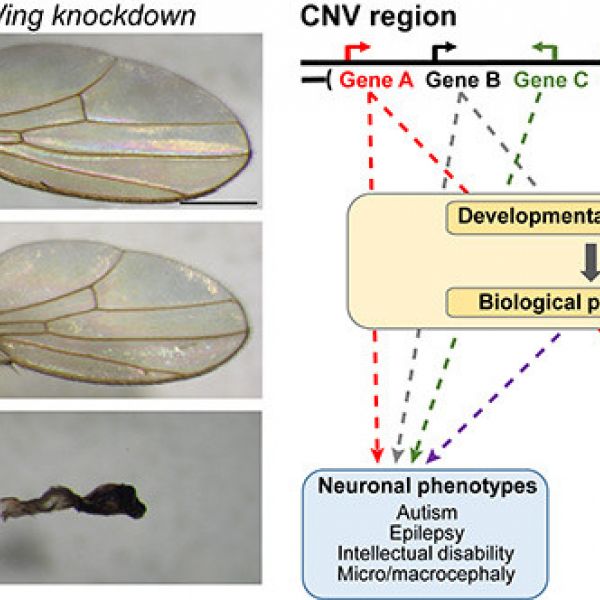
Jun 25, 2020
Genes affecting brains and brawn?
Genes located in "copy number variants" (CNVs) — parts of chromosomes that are missing in some individuals and duplicated in others — that are associated with neurodevelopmental disorders affect more than just brain development, according to new research..
Full Article
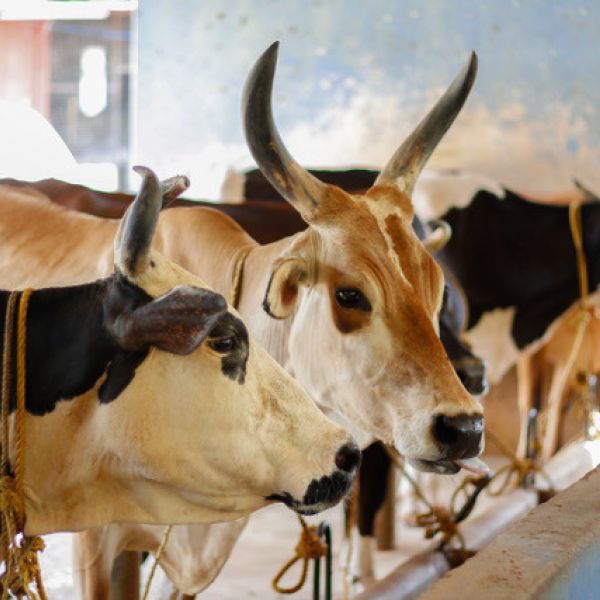
Jun 17, 2020
Tuberculosis spread from animals to humans greater than previously thought
The number of human tuberculosis (TB) cases that are due to transmission from animals, as opposed to human-to-human transmission, may be much higher than previously estimated, according to an international team of researchers. The results could have implications for epidemiological studies and public health interventions.
Full Article
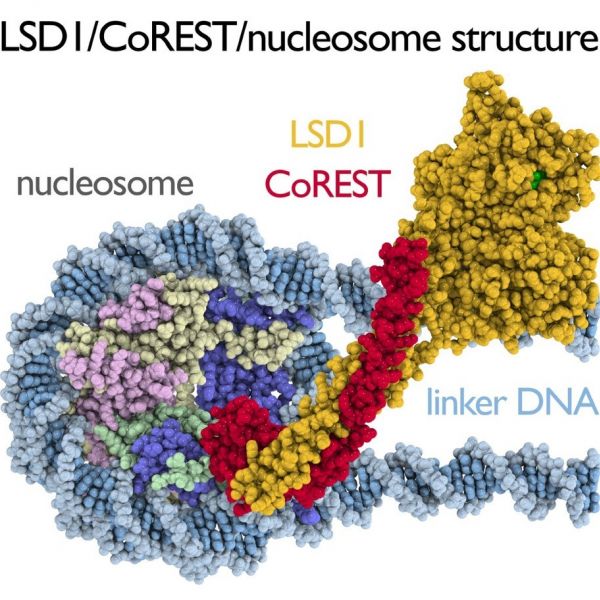
Jun 05, 2020
New image of a cancer-related enzyme in action helps explain gene regulation
New images of an enzyme in action as it interacts with the chromosome could provide important insight into how cells — including cancer cells — regulate their genes.
Full Article
Jun 03, 2020
Huck graduate students among NSF award recipients
Five graduate students in Huck programs or involved with Huck centers, advised by faculty members in the College of Agricultural Sciences, were recipients or honorable mentions of National Science Foundation Graduate Research Fellowships.
Full Article
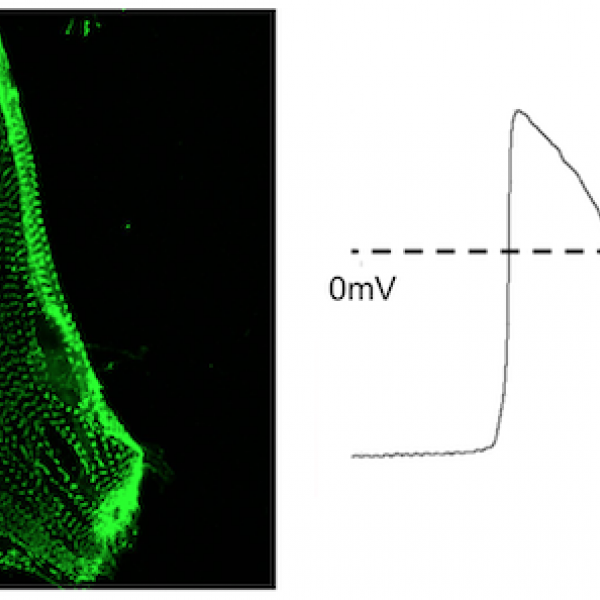
Jun 01, 2020
NSF CAREER grant recipient offers potential boost for stem cell therapy
Xiaojun “Lance” Lian, assistant professor of biomedical engineering at Penn State, has received a $500,000, five-year Early Career Development Program (CAREER) grant from the National Science Foundation (NSF).
Full Article
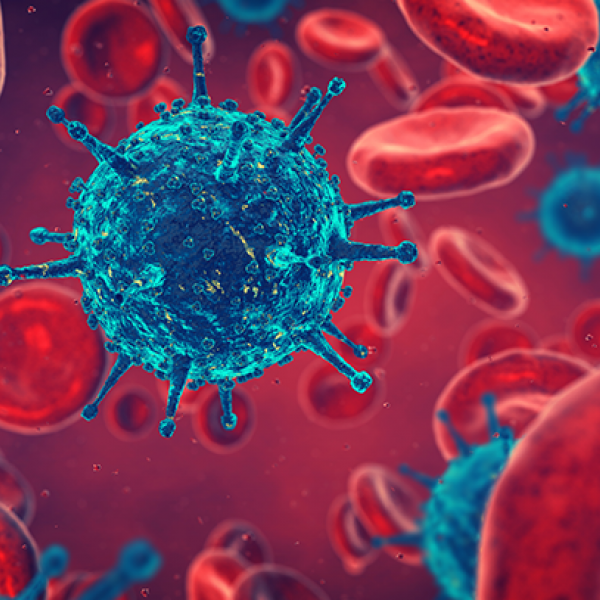
May 08, 2020
Plasma medicine research highlights antibacterial effects and potential uses
As interest in the application of plasma medicine — the use of low-temperature plasma (LTP) created by an electrical discharge to address medical problems — continues to grow, so does the need for research advancements proving its capabilities and potential impacts on the health care industry.
Full Article
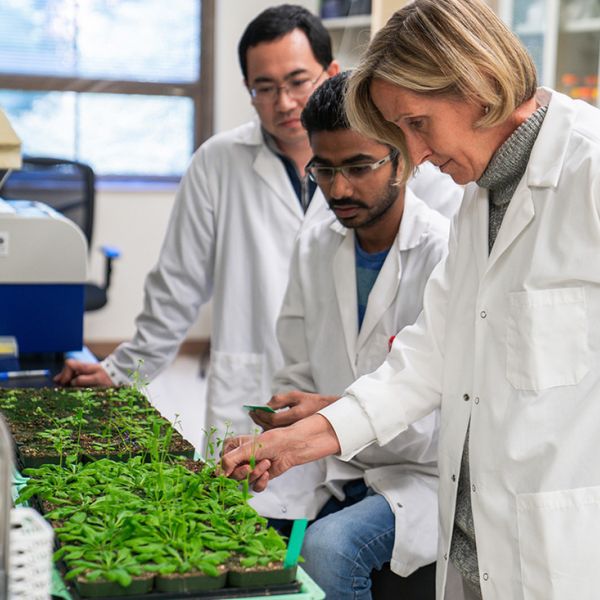
May 06, 2020
Plants pass on 'memory' of stress to some progeny, making them more resilient
By manipulating the expression of one gene, geneticists can induce a form of “stress memory” in plants that is inherited by some progeny, giving them the potential for more vigorous, hardy and productive growth, according to Penn State researchers, who suggest the discovery has significant implications for plant breeding.
Full Article
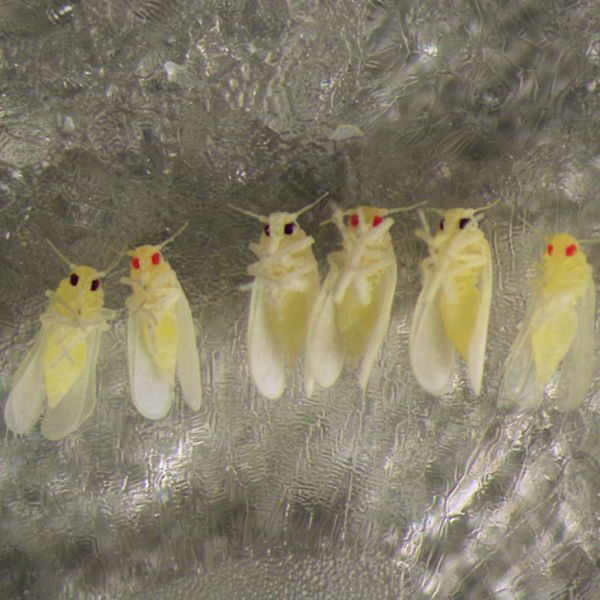
Apr 27, 2020
Gene-editing protocol for whitefly pest opens door to control
Whiteflies are among the most important agricultural pests in the world, yet they have been difficult to genetically manipulate and control, in part, because of their small size. An international team of researchers has overcome this roadblock by developing a CRISPR/Cas9 gene-editing protocol that could lead to novel control methods for this devastating pest.
Full Article
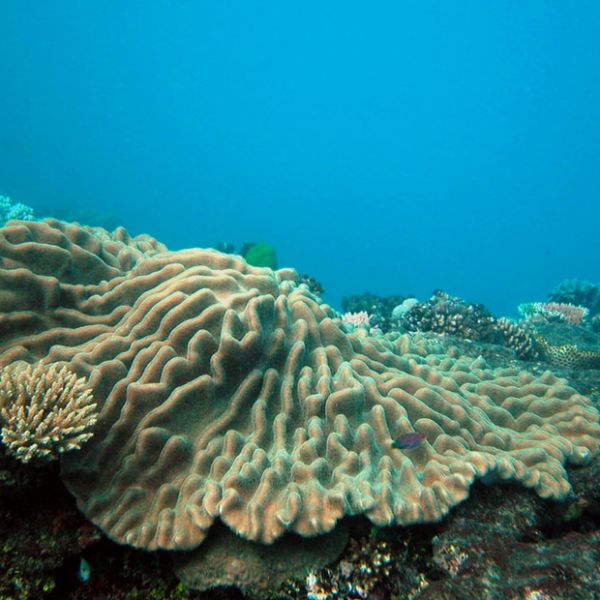
Apr 27, 2020
Iron deficiency in corals?
When iron is limited, the tiny algae that live within coral cells — which can provide the majority of a coral’s nutritional needs — change how they take in other trace metals, which could have cascading effects on vital biological functions.
Full Article
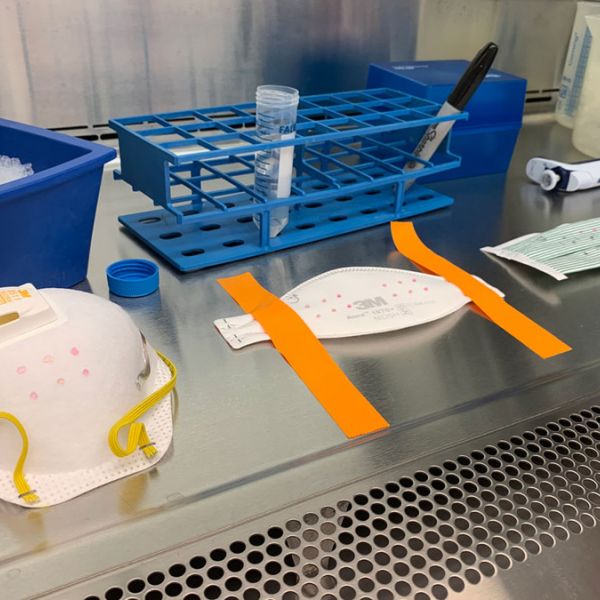
Apr 27, 2020
New decontamination protocol permits reuse of N95 respirators
The COVID-19 pandemic has created a shortage of personal protective equipment, including “N95” respirators, needed by frontline healthcare providers. A new protocol using aerosolized hydrogen peroxide to decontaminate N95 respirators could allow them to be safely reused in some hospital settings, where the disinfectant is already being used for other decontamination purposes.
Full Article